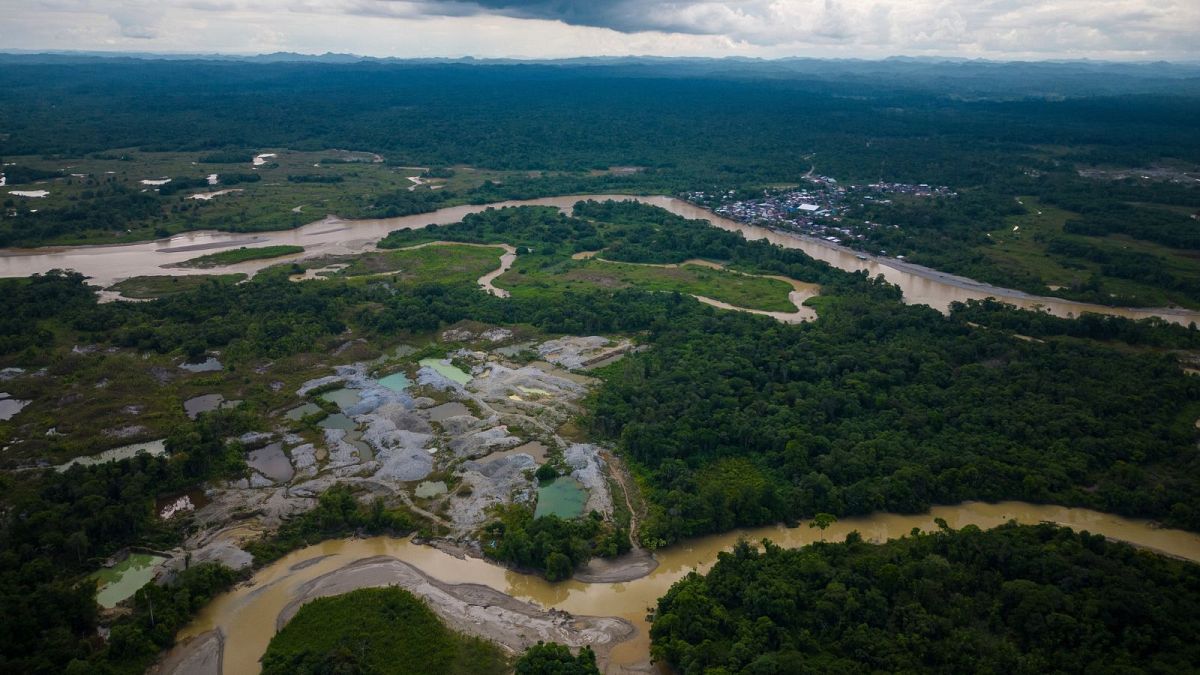

In recent times, the world has faced a plethora of environmental challenges, underscoring the urgent need for collective global action. From concerted efforts to tackle environmental crimes in the Amazon to the escalating effects of climate change witnessed in Pakistan and concerning pollution levels in England’s water bodies, these developments invite reflection and proactive measures towards a sustainable future.
In the Amazon, a region known for its unparalleled biodiversity, a collaborative crackdown has been launched targeting rampant illegal activities. Amazon Basin countries, together with the UAE, have unified to combat illegal mining, wildlife trafficking, unauthorized logging, and fuel smuggling. These activities have posed significant threats to both the environment and local communities, highlighting an urgent necessity for international cooperation to protect these vital ecosystems. As efforts gain momentum, it symbolizes a hopeful stride towards nurturing the Amazon’s rich biodiversity while supporting the ecological balance it provides globally.
Across the globe, another pressing concern emerges from the policies of major nations affecting the climate agenda. The European Union’s Climate Commissioner, Wopke Hoekstra, recently emphasized potential setbacks following America’s climate policy shifts under the former Trump administration. In conjunction with the EU unveiling its ambitious roadmap to cut emissions by 90% by 2040, Hoekstra’s comments stress the influential role major nations play in global climate efforts. A collective commitment is essential in counteracting climate change, safeguarding the planet, and ensuring a sustainable future for coming generations.
Meanwhile, Pakistan’s ongoing battle with severe flooding illustrates the tangible impacts of climate change. Accelerated glacial melting in the country’s northern regions, compounded by intense monsoon rains, has led to devastating floods and landslides. As of mid-July, these events have resulted in the loss of at least 72 lives, with many more injured, underscoring the immediate human cost of climate fluctuations. This recurrent inundation not only threatens lives but also underscores the importance of regional adaptation strategies to cope with future climate variations, aligning relief efforts with measures to mitigate future risks.
Closer to home, findings about ‘forever chemicals’ or Pfas in English waters raise new alarms about pollution. Environment Agency testing has revealed that nearly all rivers, lakes, and ponds exceeded proposed safety limits, with many levels recorded significantly above the acceptable threshold. These findings ignite concerns for both environmental and public health, indicating a pressing need for stricter regulatory frameworks and effective management to address this pervasive chemical pollution.
The convergence of these issues across different parts of the world paints a compelling picture of the interconnected nature of our global environment and the shared responsibility to preserve it. As we navigate these complexities, a mindful approach encourages policymakers, communities, and individuals alike to embrace sustainable practices and foster collaborations that ensure environmental well-being. These collective actions, though challenging, represent paths to healing and protecting our planet. They remind us of the power inherent in unified, persistent efforts towards a healthier, sustainable world for all.
Source: {link}
